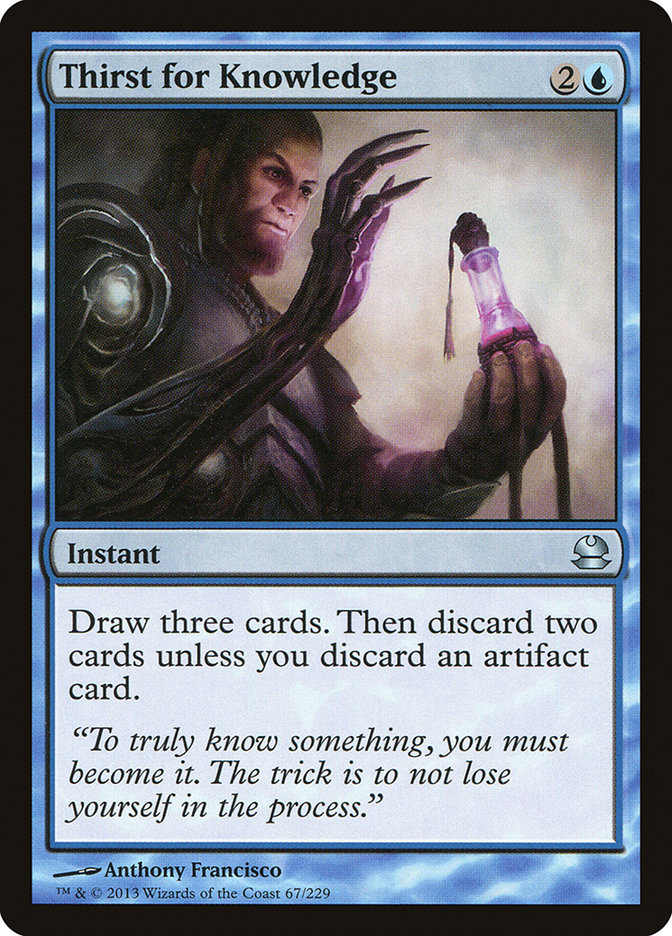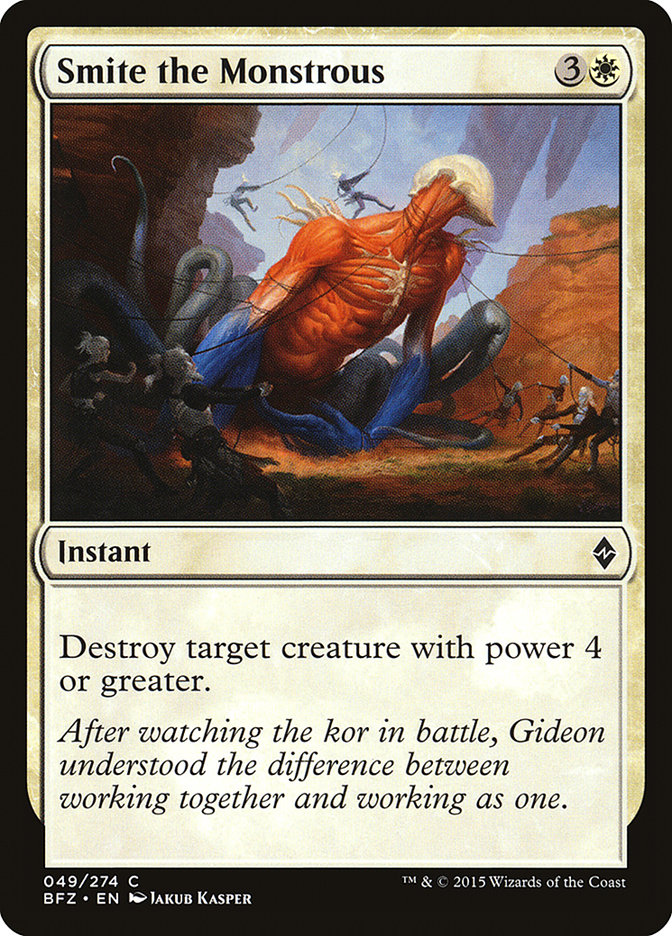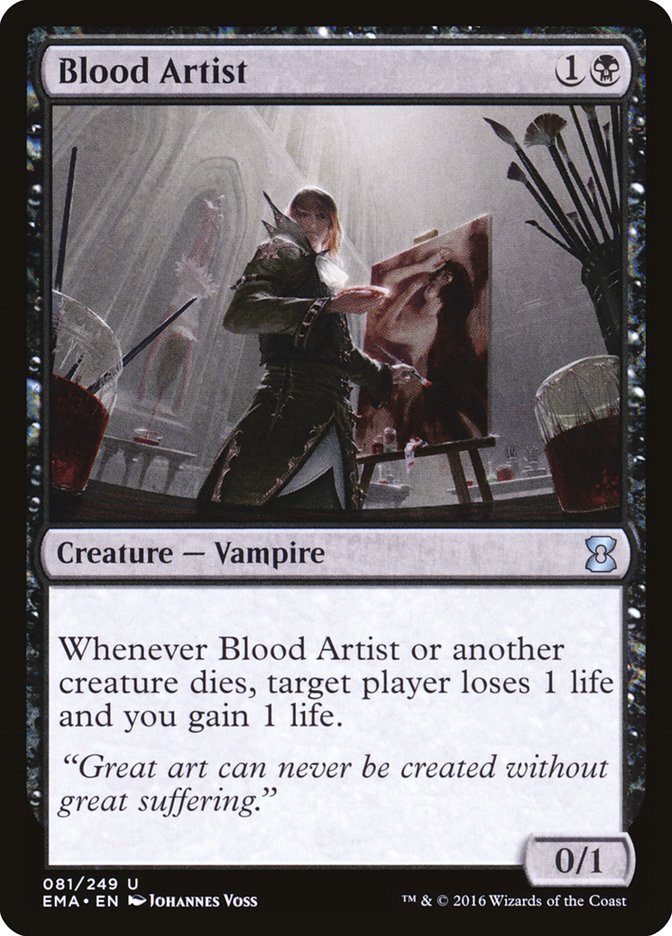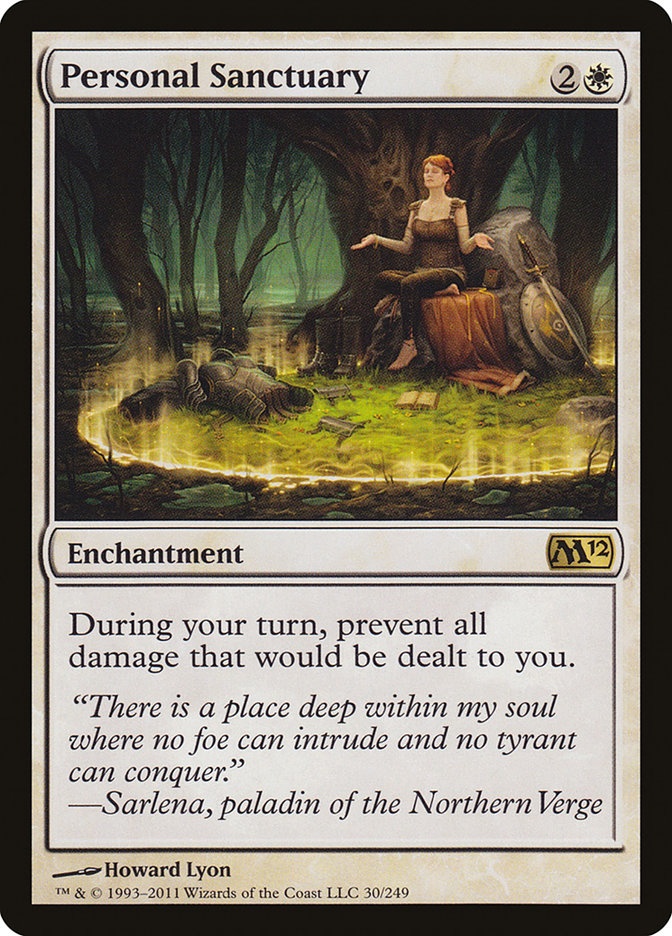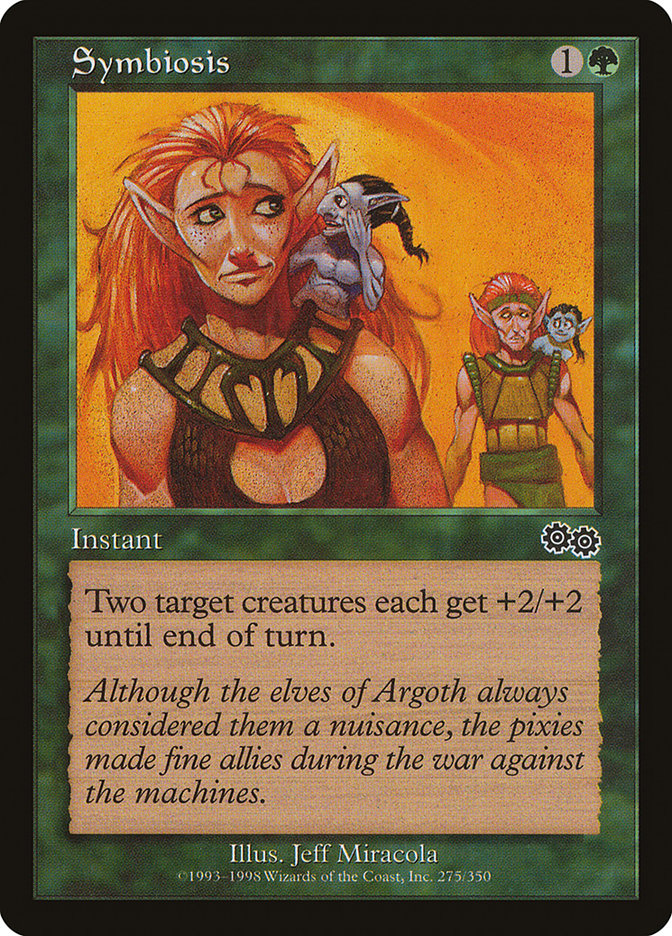Another spoiler season has come and gone, and we are nearing the point where everyone’s brews are put to the test in the first post-Eldritch Moon Standard tournament this weekend at #SCGCOL.
Spoiler season is always an interesting time to be a Magic writer. On the one hand, there is a sudden influx of material to write about in the form of new cards and new decks that our readers are hungry to consume. On the other hand, it’s difficult to find a unique space in the sea of articles discussing the same thing, as well as within the space of your past articles.
The best aspect of spoiler season, though? More than any other event in Magic, it unites the community. No matter your level of involvement in the game, an influx of new cards is always exciting, and that lets us as content creators cast a wider net and reach more of an audience.
We frequently refer to the “hive mind” as though the Magic community is some homogenous blob with a unified set of goals and means of engagement with the game, but that could not be further from the truth. Maybe fifteen years ago, when the community was significantly smaller and more insular, but with the game’s increased popularity has come an increasingly diverse player base with different subgroups looking for very different things when they play the game and when they consume content.
When I first started writing, my outlook on it was entirely driven by my own place in the game and what I and people like me were looking for. Specifically, I wanted to move away from “generic decklist and sideboard guide” kinds of articles. I naively wanted to elevate the level of discourse in Magic writing to that of academia, focusing more on theory and expanding our collective knowledge of Magic. I wanted to make myself and everyone who read my articles as good at Magic as they could possibly be and thereby prepare them for the highest levels of tournament play.
I viewed my role when writing as the fisherman in the old proverb: Give a man a fish and he eats for a day. Teach a man to fish and he eats for a lifetime. My readers were hungry for fish, but I knew what they needed better than they did. They needed to learn how to fish and they’d be set for life. After all, that’s what I needed when I was a budding competitive player, so they shouldn’t be any different.
But the reality is the section of the community who shares the same goals as I have is a minority, albeit a vocal one. We all acknowledge that they are a minority within the player base as a whole, but I had a skewed notion of how prevalent they were within the reader base of Magic articles.
How many players are traveling nearly every weekend for SCG Tour® events, Grand Prix, and Pro Tours? Compare that to the number of people who are playing a couple of times a month, if that, at their local store for FNMs, Game Days, and the like. Those people may play a Grand Prix or an Open if it comes close to them and they can take the time off work or convince their spouse to watch the kids for the entire weekend, but that’s the limit when it comes to tournament Magic.
Becoming a highly successful tournament player takes an incredible level of dedication, and the barrier to entry is only increasing as the game becomes more popular and more players are venturing into the ring. The vast majority of players, even at Competitive Rules Level events, consider Magic a hobby. They don’t have the necessary time to dedicate to Magic to know all the decks in the format, all the variants thereof, and what their plan against each should be. They need a more direct approach from content generators to help close the gap between them and the dedicated competitive players so they can compete on the closest level possible.
Because the people that use Magic as a hobby, as an escape, are still competitive. They don’t want to commit 200 dollars, two days, and countless relationship points just to go 0-3 drop and have nothing to show for it. They want to be playing in Round 9 to make Day 2, and maybe score an upset victory over that villainous scoundrel Brad Nelson.
Down! Foul beast!
And it’s part of my job to help those people get that upset. So if you beat Brad Nelson at a tournament, feel free to make my day and let me know!
For people who want to be somewhat competitive but simply don’t have the time to devote to Magic, deck guides and sideboard guides are extremely helpful. They need articles with a high depth of information but a narrow focus. If you give them a morsel of information about ten different decks, they will only come away using one of those morsels. But 8,000 words about LegacyElves can give them a solid foundation heading into their next SCG Tour® stop or Grand Prix.
Early in my writing career, I lamented how voracious most readers were for decklists. It’s a common joke that most players will simply scroll to the list and not read the article. Doing so obviously limits what you can get out of the article, since you won’t have the deeper insights into it, but not having a list at all means that anyone who isn’t invested enough to carefully read and digest the article gets nothing, and that is a far worse result. If you only have fifteen minutes on your lunch break to read an article, you need some piece of it to be easily digestible, and in Magic articles, that piece is invariably a decklist.
The key realization is that these people aren’t beggars who need to learn to fish to feed themselves. Instead they are hunters who are looking for a little fish to break the monotony of their diet. To refuse them out of some sense of moral superiority is incredibly short-sighted.
There is another set of people who use Magic as a creative outlet. These are the brewers, who never seem to play the same deck twice as they are always moving on to a new idea. They aren’t looking for trophies per se, but instead for that moment when the idea in their head comes together in a game. To them Magic is an art, and the beauty comes from taking a pile of cards and chiseling away at it until you have a seventeen–foot–tall naked guy in front of you…or something like that.
When these people read articles or watch videos, they are looking for a creative spark. For some inspiration when their personal well is dry. They aren’t interested in the obvious G/W Tokens update or new U/W Spirits deck because its obviousness makes it less interesting. [Shameless self-promotion alert!] They want to see something more like a Zombie deck that‘s actually a control deck with a madness sub–theme, at least I hope they do.
Much of the time, some of the stranger decks that get posted during spoiler season are laughed off as obviously bad and simply a means to build hype around certain cards. The reality is that not every deck a writer posts is ready to sleeve up and tear up a tournament, nor are they meant to be.
One, that standard is impossible to live up to, given the difficulty of evaluating new cards and building new decks. Two, it’s actively harmful, since it stifles creativity in favor of playing it safe with obvious decks. And three, it completely leaves out the section of the community that doesn’t want to be handed a deck. They want ideas to play around with. They want you to show them a new spot to fish because they haven’t had so much as a nibble in two weeks. But if you give them the fish, even if you think you’re helping, you’ve robbed them of their own joy.
Then we come to the most overlooked section of the Magic community: the people whose primary enjoyment of the game comes from its evocative flavor. Mastering the intricacies of the gameplay is too monotonous and they are mainly looking to have fun. For these people, Magic is a source of entertainment above all else, and to reach this segment of the community, we as content producers have to suppress our competitive side to some degree. It might mean making a mistake in a VS Video in pursuit of a crazy outcome or intentionally breaking MTGO with an Oblivion Ring loop, but it’s worthwhile if word of it compels someone to watch who wouldn’t have otherwise.
A Little Bit For Everyone
There are so many different competing subgroups of people in the Magic community who are looking for different things out of their content that it’s certain that you cannot be all things to all people as a writer and content producer. Every article can’t appeal to every demographic, but it would be unwise for any writer to completely ignore one section of the community in favor of another, since at the very least they are restricting their potential audience.
This is why I am so grateful to be able to produce different types of content, since I can shift them to cater more towards different demographics. My column tends to be on the more serious side and cover topics more relevant to high-level play, in part because that is what I am most connected with and most passionate about. VS Videos can also help more competitive players, but the change of medium and the presence of another person to play off of makes it more appropriate for some light-hearted shenanigans. (Especially with someone as easily flappable as Michael Majors.)
Finally, Daily Digests give me an easy venue to showcase strange and interesting decks, which can help the creative types as well as players who are just looking for a deck to take to their FNM that will give them a chance to compete. Being able to cover multiple demographics with one piece of content is important so as to not stretch yourself too thin, and I have become increasingly cognizant of this fact in everything I produce.
Alienation
Out of necessity, any content producer is going to naturally bias themselves towards some parts of the community and away from others. As I mentioned earlier, my column still tends to be more formal and with a competitive focus because that’s where my expertise lies. I also tend to write more theory pieces than other writers because that’s what I find interesting and what I think about. It’s still important for me to infuse part of myself into the content I produce and to follow my own passions since that passion so easily translates through and resonates with readers.
The goal then is to find the right balance based on myriad variables from your strengths and weaknesses as a player and as a writer to the desires of your fan base. Just as my balance has shifted in the past three years, I am sure it will further shift in the next two as I continue to learn and the Magic community continues to grow and change over time.
It’s easy for us writers to think that because we get paid and a lot of people know our names, we are the more important side of the equation and that the readers are here for us. Under that paradigm, we are teachers leading students who don’t really know any better. But that’s not the case. We’re producers of a good and the readers are consumers. We may control the supply, but without any demand that supply is useless. We need you just as much as you need us, if not more.
However, there are two things I would ask of you as consumers of Magic content:
1) Advocate for your own interest. As my identity within the Magic community is further entwined with content production, my desire to improve likewise improves and I can only do so with honest, constructive feedback.
2) Understand that not every piece of content is meant for you, and that’s a good thing. The growth of Magic is ultimately good for all of us, and that growth is precipitated on inclusivity. You may receive a smaller portion of the pie, but if the pie gets enough bigger, you’ll end up with more pie.
And if there’s one thing we can all agree on, it’s that more pie is better.


